Publications
Articles, publications, books, tools and multimedia features from the U.S. Institute of Peace provide the latest news, analysis, research findings, practitioner guides and reports, all related to the conflict zones and issues that are at the center of the Institute’s work to prevent and reduce violent conflict.
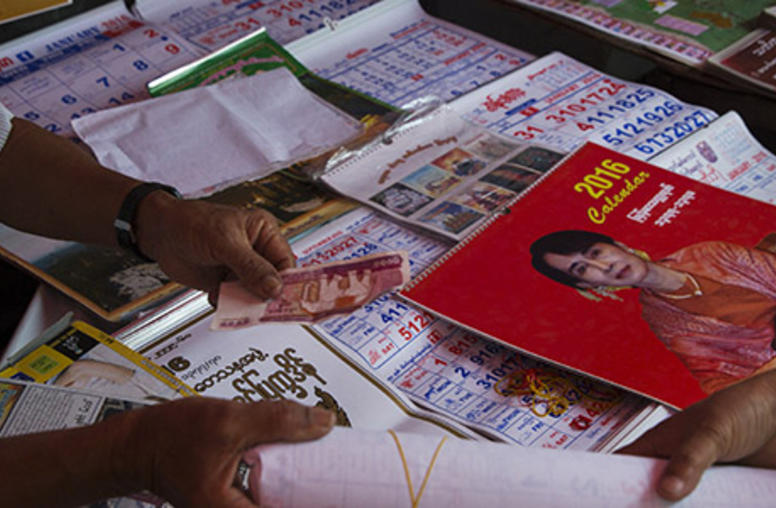
Q&A: Myanmar’s New Parliament with Suu Kyi Party Majority
Myanmar’s transition to representative democracy reaches another milestone on Feb. 1: A new parliament begins work with a majority of its members for the first time belonging to the National League for Democracy (NLD), the party led by Nobel Peace Prize laureate Aung San Suu Kyi. Priscilla Clapp, a former American diplomat in Myanmar and U.S. Institute of Peace specialist on the country, discusses the next steps and the likely effect of the change on Myanmar’s political, economic and societal...
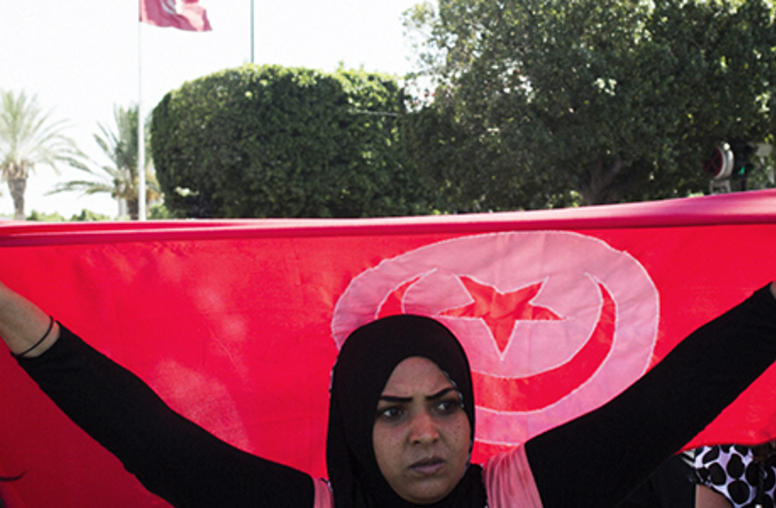
The Peacebuilder’s Field Guide to Protest Movements
Protest movements around the world scored major victories in 2015. But if we want to see real change, international donors need to stop fretting and lend a hand.
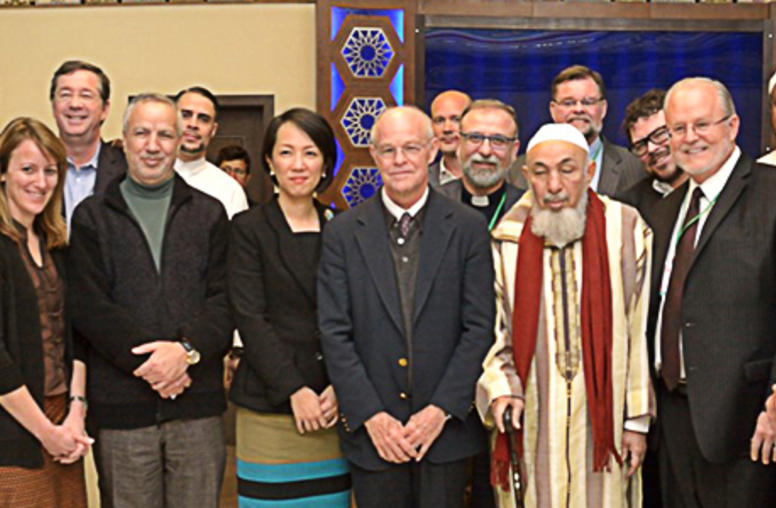
Q&A: Muslim Scholars Pledge Support for Religious Minorities
Muslim scholars and intellectuals from more than 120 countries issued a new pledge of support last week for the protection and freedom of religious minorities in Muslim-majority communities. Susan Hayward, USIP’s director of religion and inclusive societies and an ordained minister in the United Church of Christ, attended the three-day conference in Marrakesh, Morocco, as a supporter, and explains the significance of the pronouncement.
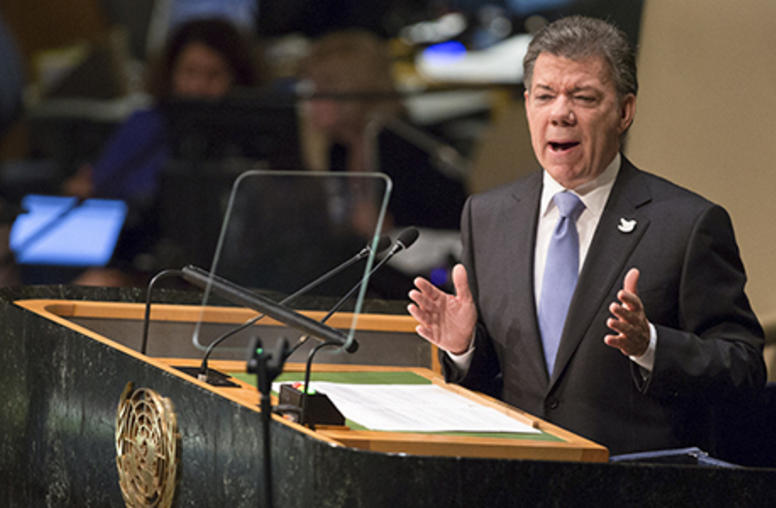
Q&A: Colombia’s President Santos in Washington
Colombian President Juan Manuel Santos meets President Barack Obama on Feb. 4 in Washington to commemorate the 15th anniversary of “Plan Colombia,” a U.S.-led effort that has provided about $10 billion to help the South American country’s security forces fight leftist guerrillas and drug traffickers. Virginia Bouvier, a senior advisor for peace processes at the U.S. Institute of Peace, who has led the Institute’s work on Colombia for the past decade, talks about Santos’s visit and the fast-mo...
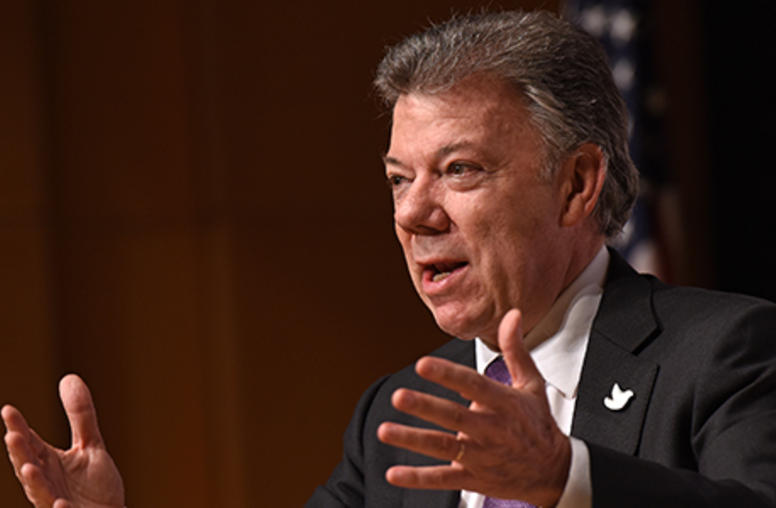
Colombian President Says 51-Year War May End Next Month
Colombian President Juan Manuel Santos said his government and the country’s biggest guerrilla group likely will be able to sign a final peace accord close to their self-imposed deadline of March 23, ending more than half a century of internal conflict. Speaking today in Washington at an event co-hosted by the U.S. Institute of Peace, Santos said his government will return to the ongoing negotiations in Havana with new procedures aimed at expediting the final phase.
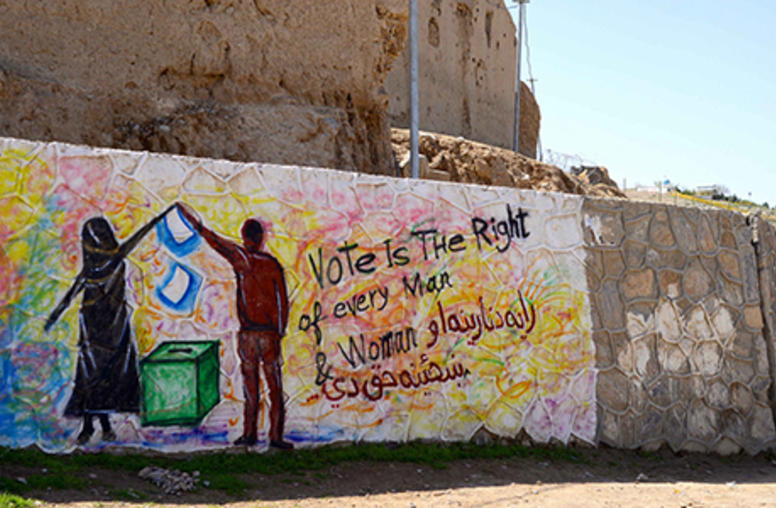
In Afghanistan, No Leadership Means No Elections
The only way for Afghanistan to avert electoral disaster is if the Ghani government and parliament act together to take cohesive and swift action.
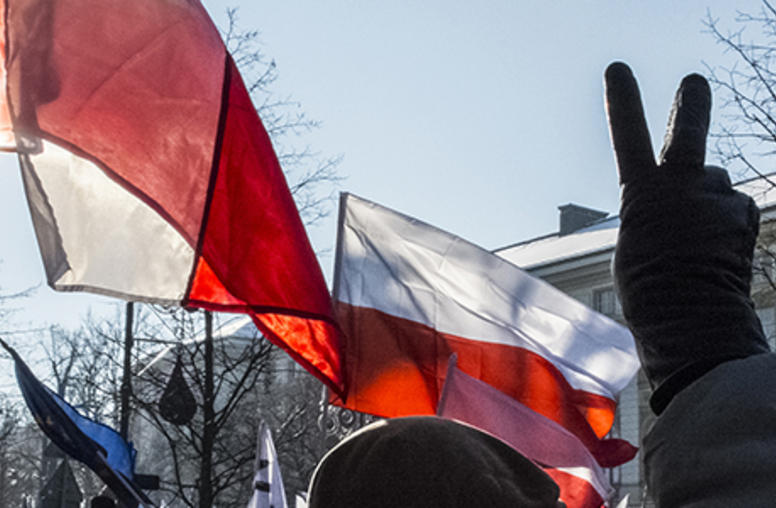
Poland’s Liberals Strike Back
Here's how Poles are fighting back against their authoritarian-leaning new government.
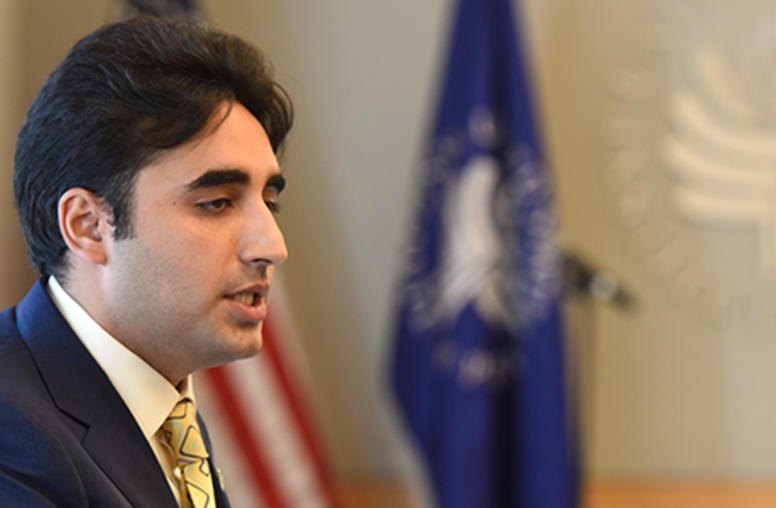
Bhutto Zardari: Pakistan Should Expand Counterterrorism Activities to All Provinces
The Pakistani government of Prime Minister Nawaz Sharif must expand its counterterrorism operations to all provinces and implement a 2015 national plan to achieve the stated goal of eradicating militant groups, said Bilawal Bhutto Zardari, leader of the opposition Pakistan People’s Party. Failure to take these steps risks undermining the nation’s fragile progress, he said.
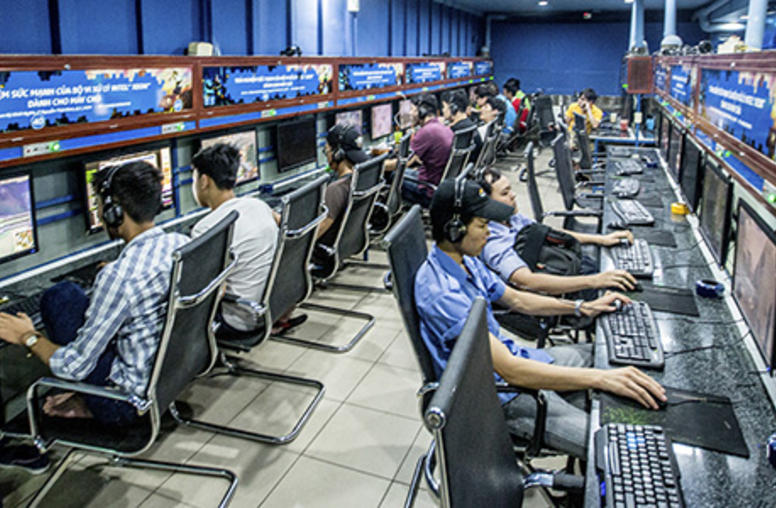
Can Your PlayStation Stop a War?
Video games are being used for everything from helping find cures for HIV to losing weight. It's time to start using them to make peace.
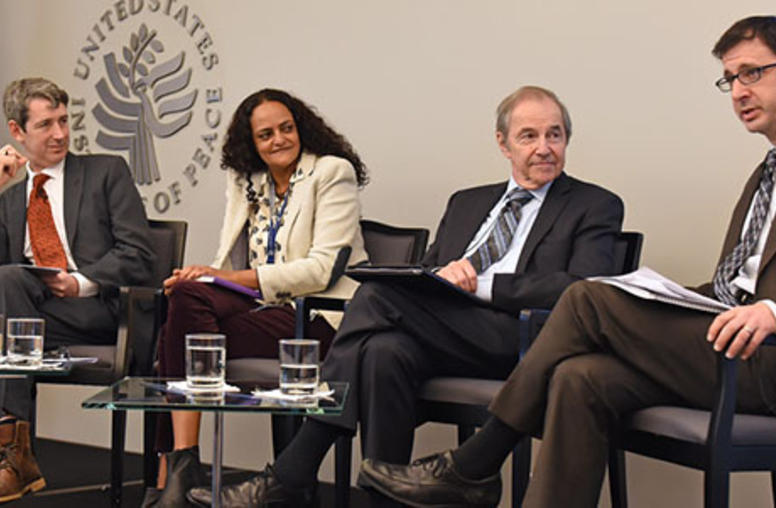
Patronage and Peace in the Horn of Africa
Peacebuilders in the Horn of Africa and across the larger Middle East are likely to get better outcomes with a greater understanding of the region’s “political marketplace,” where loyalties based on financial and economic means seem to create more stability than classic institution-building, according to Alex de Waal, executive director of the World Peace Foundation and a professor at Tufts University. But rather than succumbing to illegitimate patronage, some experts say the answer may lie i...